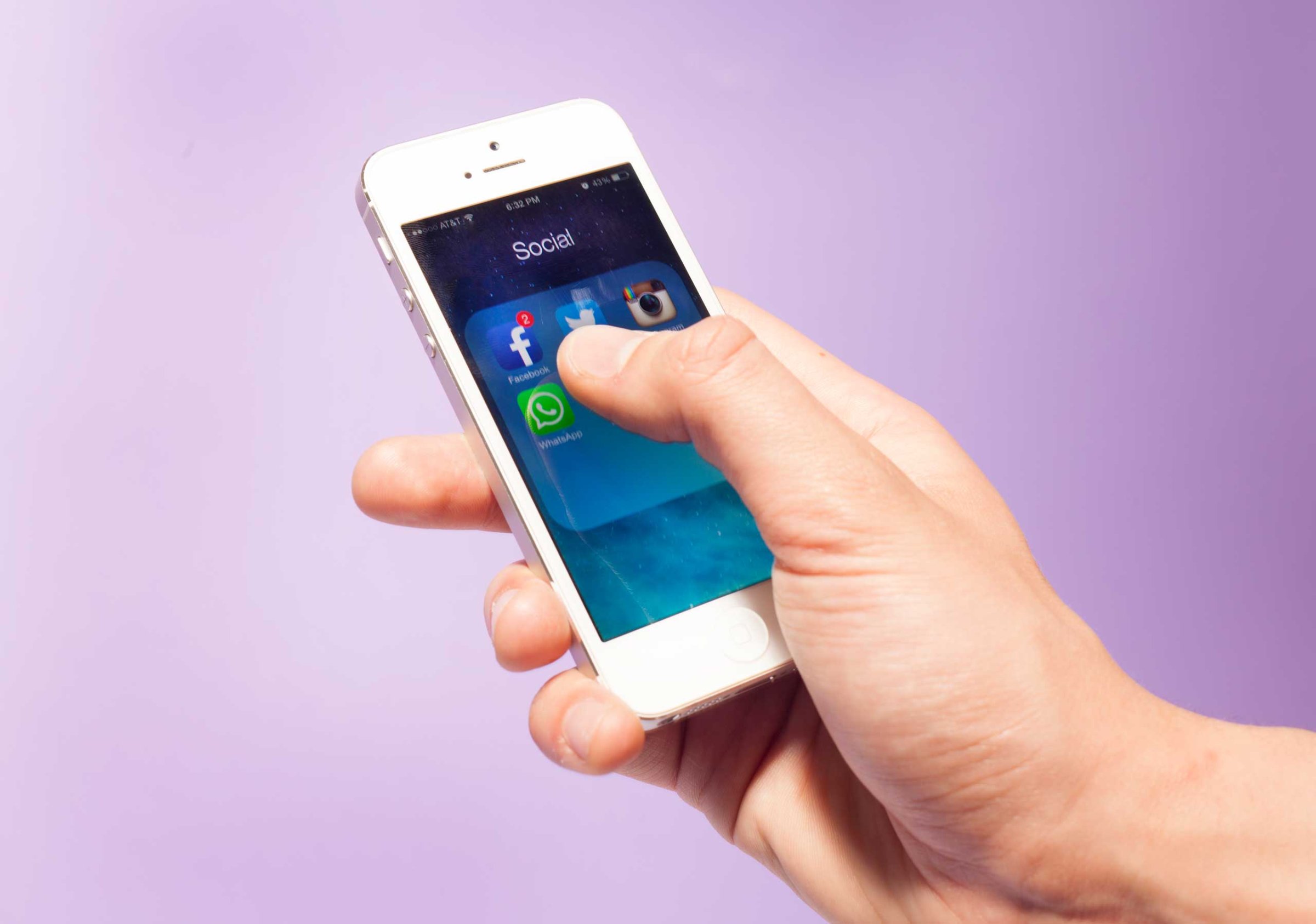
In theory, governmental spying threatens our privacy. But what we have done to ourselves vastly outweighs, in our daily consciousness, any outside surveillance. We are not the generation of whom much is asked; we are the generation of whom little is asked, but it is asked all the time.
When I was a junior in college, I spent the year at the University of Edinburgh in Scotland. I wrote my parents letters, and once a week we tried (not always successfully) to connect through long-distance phone calls. I am sure they worried about me, but their worry was constrained by genuine distance; there was no way to be in touch, so they assumed I was fine.
Constant connection increases, rather than reduces, worry. Each moment we do not hear from someone forms an imagined pageant of slights or horrors or blameworthy thoughtlessness. Increasingly, we treat each other like those parents who have their children on leashes in malls: space is measured not in how far one is able to go but in how soon one is pulled back. Each “ding” is a tug on the leash. Ask, ask, ask.
You can try to put an out-of-office message on your email, but there are still phones and texts and Facebook messages. Even if you turn them off, they lie in wait beside you, silently accumulating obligations and accusations and invitations. Powered down, my iPhone still beats like Poe’s telltale heart, and it is almost as unsettling.
Like all great cultural changes, this ever present technology nudges human consciousness. You can turn off your devices, but you cannot turn off the knowledge that they are receiving the world’s importunities. The tug of anxious fear, almost a whisper really, that you feel when someone says, “Can I ask you something?” is now the constant accompaniment of your day. Like the God of the Bible, Twitter (“what’s happening?”) and Facebook (“write something”) are always requiring something of you.
The first loose boulder in the avalanche was voice mail. You could no longer miss a call. That beeping red light was the initial “gotcha” sign. And now the afterlife of a message has stretched into eternity.
Social history has a systolic/diastolic motion. We get what we crave and create the opposite. People tired of living in villages, where everyone knew everyone’s business and there was no privacy or space. So we built large, anonymous cities with ample rooms and deliberate neglect of others. Finding that such space parched our souls, we began to devise technological ways to bring us closer, from texting to Tinder. Now, back in the virtual village, we are too close and long for the space we had just two decades ago, before we took a racing dive into the pixel sea.
The philosopher Arthur Schopenhauer wrote in the early 19th century that people are like porcupines. They feel cold, so they huddle together for warmth. But when they get too close, they prick one another with their quills and move apart. Then they grow cold and draw close again.
Yes, technology is wonderful. I tweet, I Facebook, I look at my phone with the regularity of a hummingbird dipping into honeysuckle. Spending a few hours without checking in feels like a grand anthropological experiment, not like normal life. But we all feel the porcupine quill of constant contact, the irritant of ever presence, and long to escape, if only for a moment. Escape is not in the offing: smart watches are heading for our wrists and Internet contact lenses for our eyes. So, let us give philosophy’s greatest pessimist, Schopenhauer, his final say: “A man can be himself only so long as he is alone, and if he does not love solitude, he will not love freedom, for it is only when he is alone that he is really free.” The world is too much with us; none of us is alone anymore.
More Must-Reads from TIME
- How Canada Fell Out of Love With Trudeau
- Trump Is Treating the Globe Like a Monopoly Board
- Bad Bunny On Heartbreak and New Album
- See Photos of Devastating Palisades Fire in California
- 10 Boundaries Therapists Want You to Set in the New Year
- The Motivational Trick That Makes You Exercise Harder
- Nicole Kidman Is a Pure Pleasure to Watch in Babygirl
- Column: Jimmy Carter’s Global Legacy Was Moral Clarity
Contact us at letters@time.com